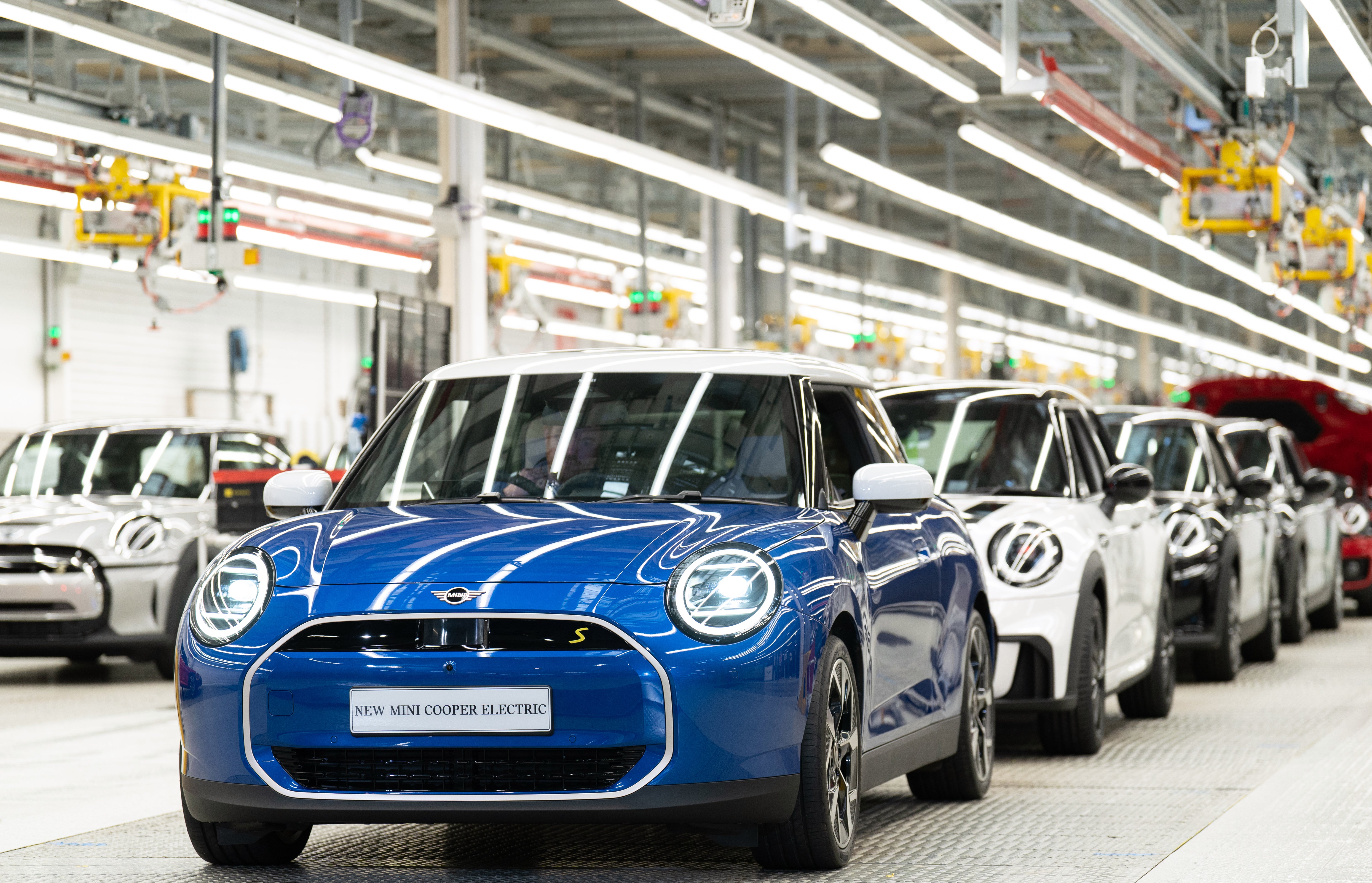Breakthrough could bring new batteries that charge in five minutes rather than hours
Technology could allow for new kinds of electric flying vehicles, proponents say

New technology in lithium-sulphur batteries could let them charge in less than five minutes, rather than the hours currently required, the engineers behind it say.
Lithium-sulphur batteries are one of a few technologies that could one day replace the lithium-ion batteries that are used in most consumer technology and electric cars. They are able to give more energy, and the use of sulphur means the substances required to make them are easier and cheaper to find.
But they are blighted by a number of issues, including the fact that they fail to keep their charge and take a long time to charge up, sometimes requiring up to 10 hours to fill back up. As a result, they have not yet made it widely to market.
The new study however looks to address that latter problem, allowing them to charge far more quickly. With the help of a new kind of catalyst, made out of a carbon material and cobalt-zinc clusters, researchers were able to make a battery with large amounts of power that could charge in less than five minutes.
“Our breakthrough has the potential to revolutionise energy storage technologies and advance the development of high-performance battery systems for various applications,” said Shizhang Qiao from the University of Adelaide, who led the work.
The team say it is the first comprehensive attempt to fix the slow charging and discharging rates of lithium-sulphur batteries. Researchers hope it could be the start of a range of new applications, including both consumer electronics and energy storage for the grid.
The announcement came as Gelion, a separate Anglo-Australian battery company, said that early results showed that its own plans for lithium-sulphur batteries are working. It plans to use those batteries in products including electric aircraft that can take off and land vertically, as well as drones and more traditional electric vehicles.
“Strong recognition is emerging of the anticipated importance of Li-S technology in the energy transition and the expected commercial scale of the market,” Gelion’s chief executive said, noting that much of the expected applications of the technology will come in places where weight and safety are important.
“The potential of Li-S has long been known but achieving the performance benefits of Li-S batteries is not simple,” he said.
Join our commenting forum
Join thought-provoking conversations, follow other Independent readers and see their replies
Comments
Bookmark popover
Removed from bookmarks